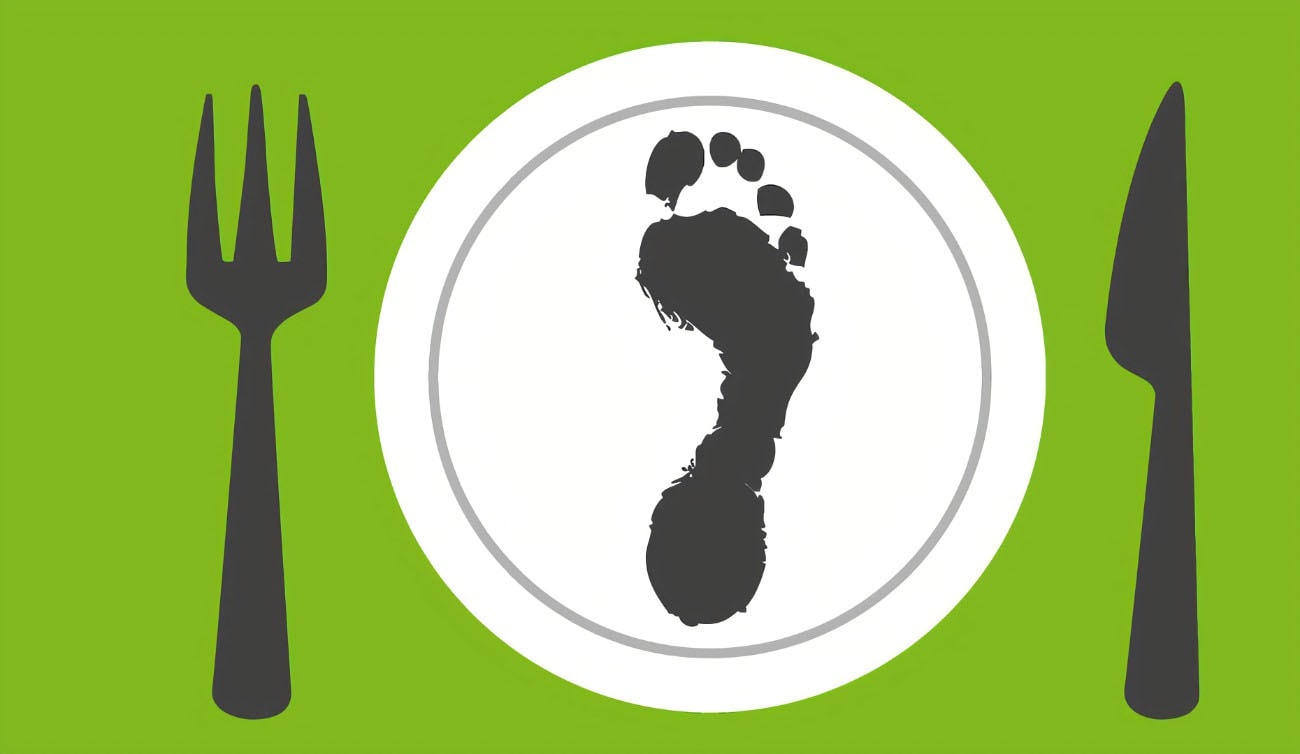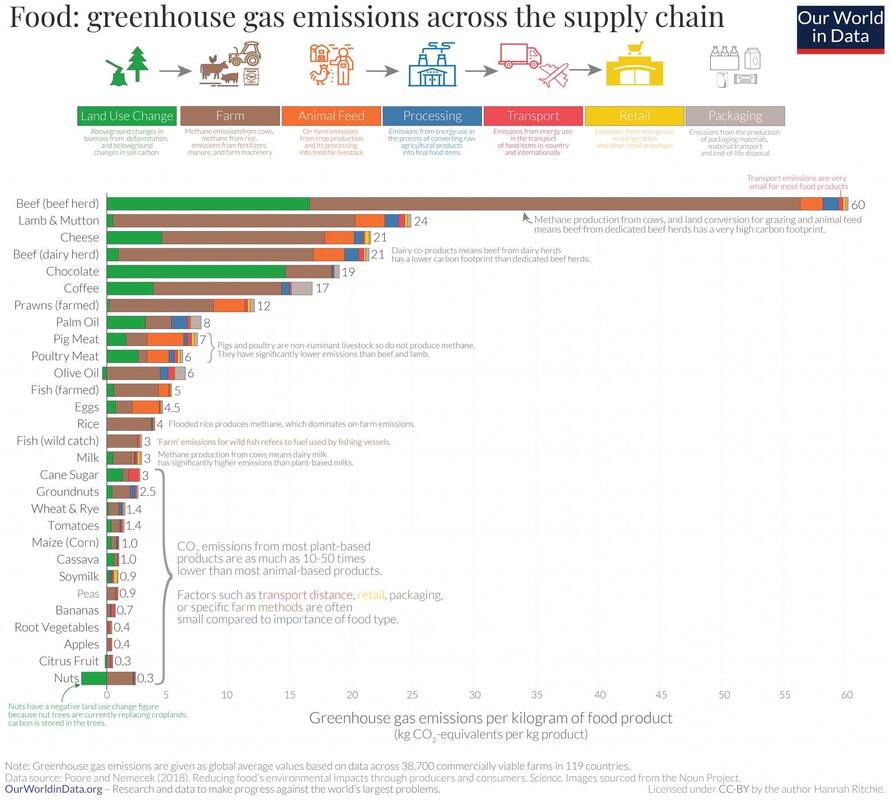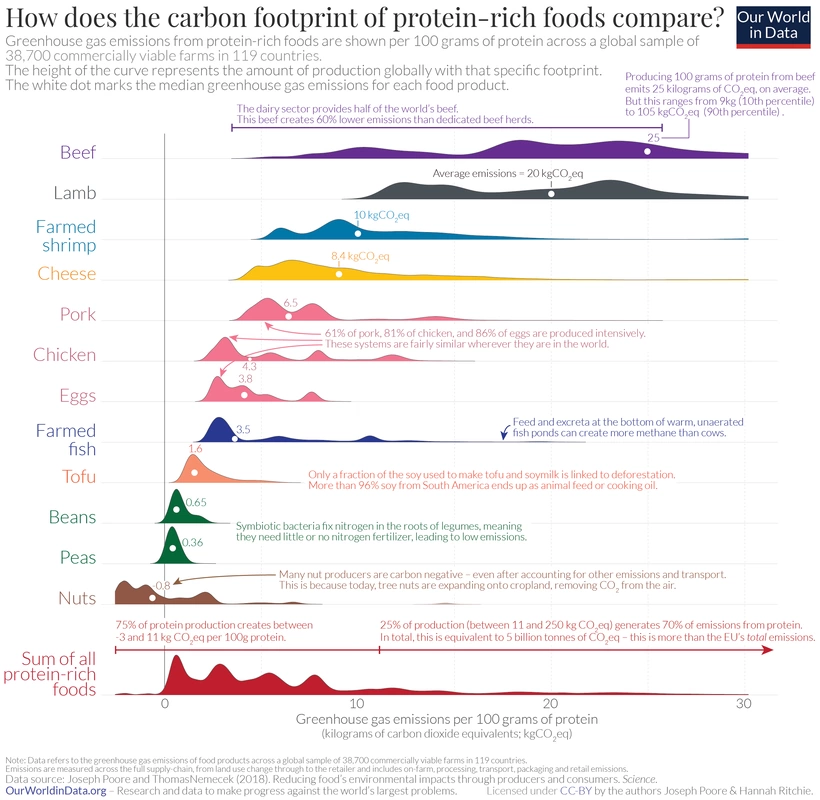|
Riverkeeper's note: The following column was written and provided by Kathy Snavely, owner of Kathy's Cuisine and president of the Middle Susquehanna Riverkeeper Association. If you have any questions about this column, you can email her directly at kathyscuisine@gmail.com So, how many greenhouse gases (carbon compounds and methane) is your lifestyle contributing to the environment? This is not likely a question you ask yourself every day. Science tells us that in the US, we each contribute 16 tons during the course of our lifetime. You might be asking yourself how in the world you do that -- and yes, that’s the kind of stuff that is contaminating our air so much that some scientists believe we are already past the point of no return. Not only is the carbon in the air, it’s also in our water. And water treatment consumes about 13 percent of our electricity, and it’s growing. You might be surprised to find out that food production is responsible for 25 percent of the world’s greenhouse gas emissions: that happens when humans grow, farm, process, transport, store, cook and dispose of what you eat. Plus, Americans throw away approximately one-third of the food they purchase. An estimated 0.16 percent of food is transported by air, the heaviest carbon transportation. If a fruit or vegetable has a short shelf life, isn’t in season and comes from far away (sometimes on the package), it moves to the market by plane. The top three foods to be likely culprits are berries, green beans and asparagus. Don’t worry, avocado and almond lovers – they usually come to the US by boat. We are blessed in most of Central PA by having an abundance of local farm markets; that’s a great place to get your food! Across the food chain, greenhouse gas emissions occur in land use changes: Farming, feeding the animals, processing, transporting, retailing and packaging all expend energy. This color-coded chart from OurWorldinData.org (based on a study published in Science Magazine in 2018), makes understanding this easier. Does anyone else find that NUTS being the lowest carbon emitting food ironic? So why is this important to you? The average, meat-eating American family of four emits more carbon gases that those created by TWO automobiles. Did you know you burned that much gas? Plant-based foods give off far fewer gases than meat and dairy. Vegetarian diets have about half the carbon imprint of a meat-eating diet; plus vegetarians live longer, are slimmer and half a lower risk of heart disease, high blood pressure, diabetes and cancer. Don’t want to go full vegetarian? What about giving up meat and dairy one day a week: that would be the equivalent of having zero food transportation miles. (And you don’t have to give a thought to animal welfare that day!) Concerned you won’t get enough protein? Here’s a list of protein-rich foods to give you some inspiration. Every household produces about 7.5 tons of greenhouse gases – yes, tons. Livestock agriculture produces about half of all man-made emissions.
It is my hope that you’ll give some thought to consuming less of the high carbon foods and trying more low carbon foods – and how your family can waste less, start producing some of your own foods and up your contributions to making our air and water more healthy. Let’s make that commitment for our grandchildren – and theirs. Want to read more? https://www.wateronline.com/doc/white-paper-the-carbon-footprint-of-water-0001 https://www.shelfengine.com/best-worst-foods-for-environment/ https://www.vox.com/future-perfect/2020/2/20/21144017/local-food-carbon-footprint-climate-environment https://ourworldindata.org/food-choice-vs-eating-local https://www.greeneatz.com/foods-carbon-footprint.html
0 Comments
Leave a Reply. |
AuthorsRiverkeeper John Zaktansky is an award-winning journalist and avid promoter of the outdoors who loves camping, kayaking, fishing and hunting with the family. Archives
April 2024
Topics |



 RSS Feed
RSS Feed